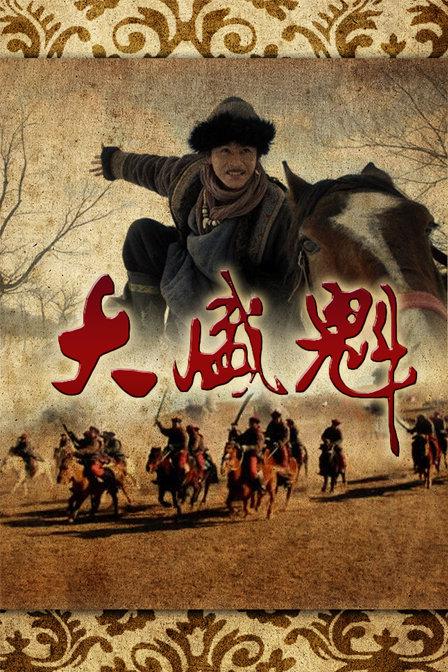Plot:
The TV series "Dashengkui" consists of 100 episodes of entrepreneurship, business development and business closure, with a historical span of 270 years. It consists of three independent and complete stories. It tells the story of Wang Xiangqing, Zhang Jie, Shi Daxue and other three people who started their own business with bare hands. The play is directed by Wang Xinmin and starred by Yu Zhen, Qiao Zhenyu and Wu Liansheng. The TV series "Dashengkui" consists of 100 episodes of entrepreneurship, business development and business closure, with a historical span of 270 years. It consists of three independent and complete stories. The first part of entrepreneurship tells how Dashengkui was born. Three hundred years ago, when Wang Xiangqing, Shi Daxue, Zhang Jie and other three unarmed Shanxi men swore in front of the statue of Guan Shengren to work together to break into the world, no one believed that they would become the creators of billions of wealth; when the first camel caravan faced the wind and snow and trudged across the border on the rugged mountain road, no one could have imagined that the two major civilizations of Europe and Asia would be closely linked together from then on. Accompanied by the melodious camel bells, business pioneers of the Mongolian, Han, Hui, Manchu and other nationalities climbed ice and snow, slept in the open air, and traveled thousands of miles on foot, opening up a major commercial channel across the Eurasian continent - the Tea Road. The second part of Xingye is adapted from the novel "Dashengkui Business" by the famous Inner Mongolian writer Deng Jiugang. It tells how the shopkeepers of Dashengkui were created 160 years later in the face of the invasion of Western powers. A group of shopkeepers such as Wang Tingxiang and Gu Hai worked hard to govern, endured humiliation, and continued to create brilliance in the experience of blood and fire. The third part of Shutdown tells the story of how Dashengkui completed its historical mission and finally announced its closure in the early twentieth century under the historical background of changes in the world pattern and domestic turmoil. Through the intricate contradictions and entanglements, the mutual integration of different nationalities and the love and hatred of many characters, the three plays promote the spirit of Chinese businessmen's self-improvement, perseverance, righteousness as profit, and virtue as neighbors at the level of system construction. Dashengkui's success fully demonstrates the business wisdom of the Chinese nation and reverses the historical prejudice that only Western civilization can produce modern enterprises. Dashengkui relies on human labor to create and control capital, and has written a 260-year entrepreneurial history, providing valuable historical experience and institutional significance for the leapfrog development of the Chinese nation.

